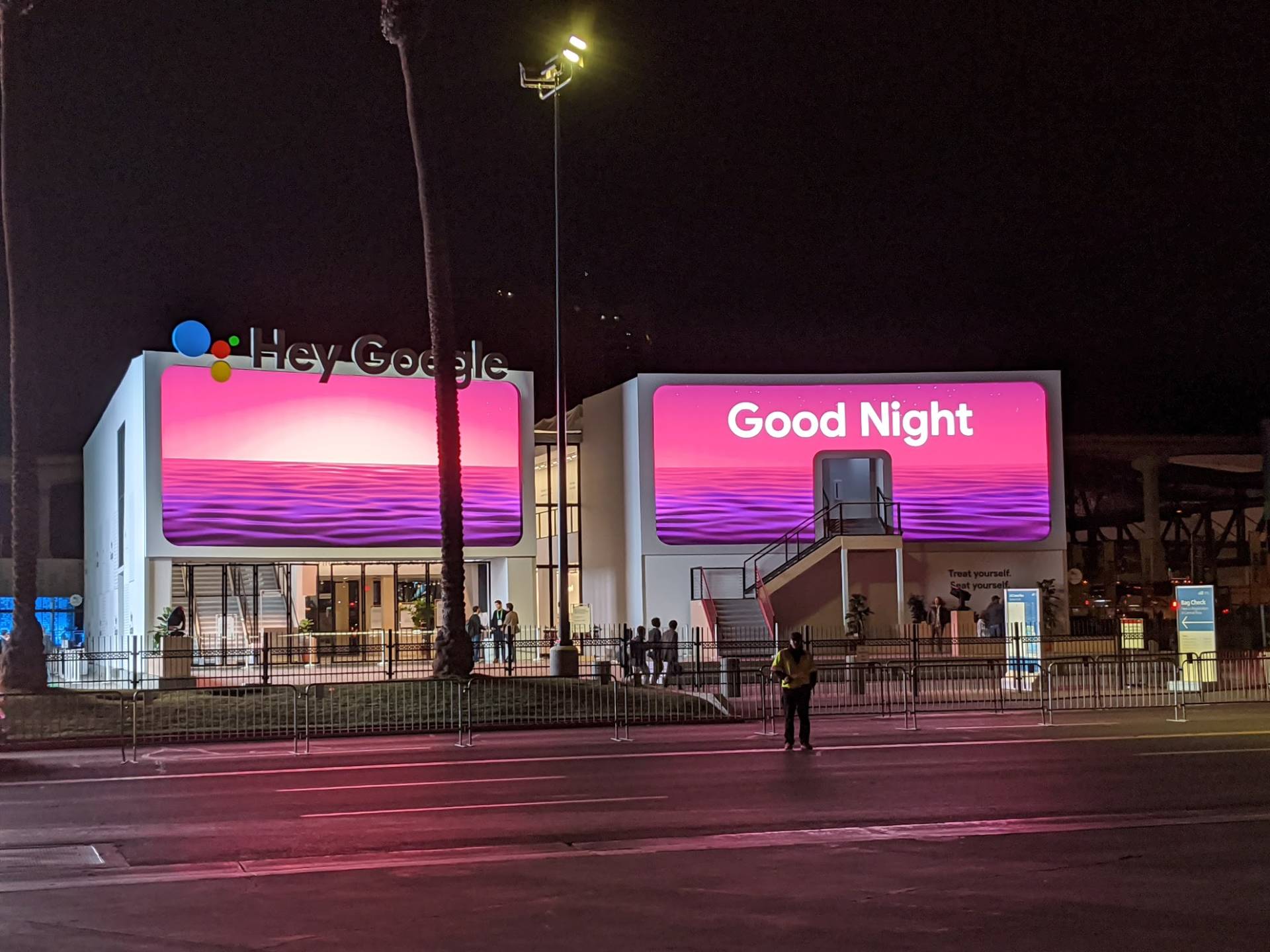A tension that dominated this year was the push-pull between personalization and privacy. Technology is growing ever more powerful at recognizing us from our actions, our voices and our faces. Consumers like the idea of being treated like an individual (e.g. greet us by name, know our preferences, make relevant recommendations). While at the same time, they’re beginning to wonder what the potential cost is, of all of that data out there and what harm it may cause (for example, hacked Ring cameras and other data breaches). It feels like a tipping point is approaching and many of the exhibitors at CES were wrestling with how technology can provide personalization and privacy – since consumers increasingly demand both. The realization is growing that personal is more than just personalization.
Proof Points
Google Assistant Respects Your Privacy. One of the first big announcements from Google was not to herald some new gadget, but to highlight new privacy-control options for the Google Assistant. Two new voice actions were announced: The first is, “Hey Google, that wasn’t for you,” which will tell Google Assistant to forget what it heard should you accidentally or mistakenly activate it. And the second is, “Hey Google, are you saving my audio data?” This tells you what privacy controls you have in place and enables you to change them.

Apple and Facebook Attack the Issues. Apple and Facebook made a point not to exhibit to avoid getting lost in all the hype. But both felt they needed to appear at a CES panel on privacy. Apple touted how it reviews its data collection practice every two weeks to make sure that the company doesn’t identify users when data is used by third-party apps. While Facebook reinforced its commitment to protecting privacy and its advertising business model.
Protecting the Devices that Protect the Home. Ucam (made by a startup IoTex)
is just like many other web-connected home cameras which allow users to monitor their homes from anywhere at any time. But this one uses blockchain to create private end-to-end encryption to ensure user privacy. Even if someone could intercept the signal from Ucam, the data would be unreadable by a 3rd party. IoTex cofounder Jing Sun said he wants to use blockchain and trusted hardware to build privacy-oriented device ecosystems for the “Internet of Trusted Things.”
I don’t think we can ever say we’re doing enough [about privacy]. We should always be doing more. Things are changing. There’s no way to say that at this point in time we’ve reached a panacea.
Our View
Respect is part of treating people as an individual. When we can better meet people’s needs, a brand can grow trust and connection. However, if we make consumers feel like we are using their data not for their benefit, but for ours – trust is diminished. Brands need to think hard not just about their privacy policies and legal compliance, but how consumers feel about how marketers might (or might not) use their data.
Further Reading
-
Google Reveals New Privacy Options For 500 Million Users At CES 2020, Forbes
-
CES 2020: Surveillance tech is all the rage at annual gadget expo, Los Angeles Times
-
The hottest product at CES 2020 is privacy, CNN
Get in touch
What do these insights mean for your brand?
Leave us your details and
a member of our team will get back to you as soon as possible.